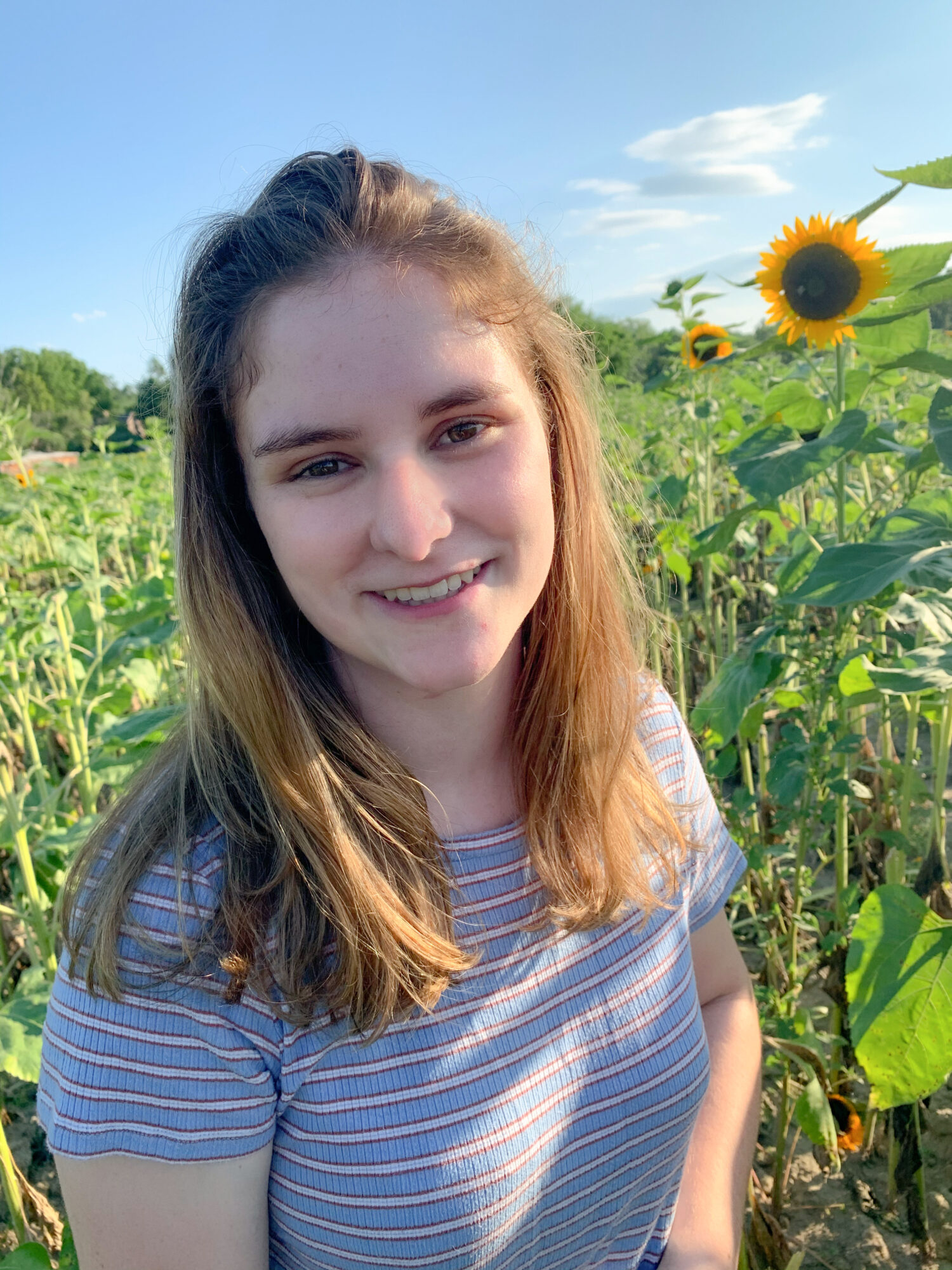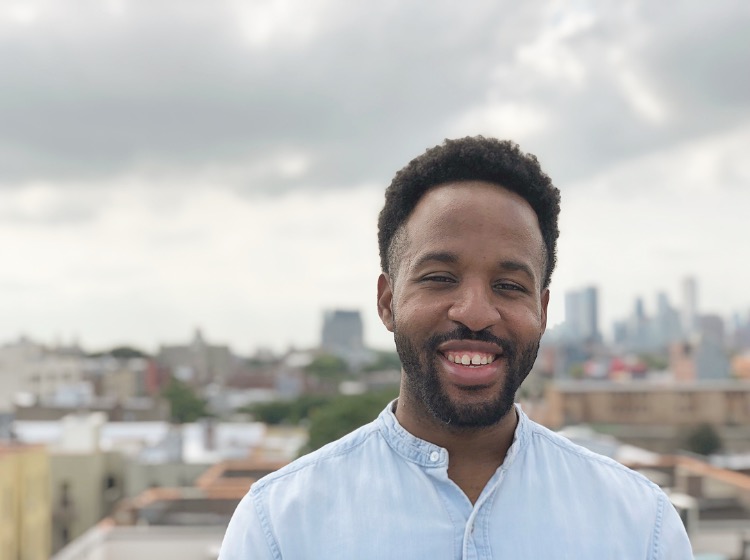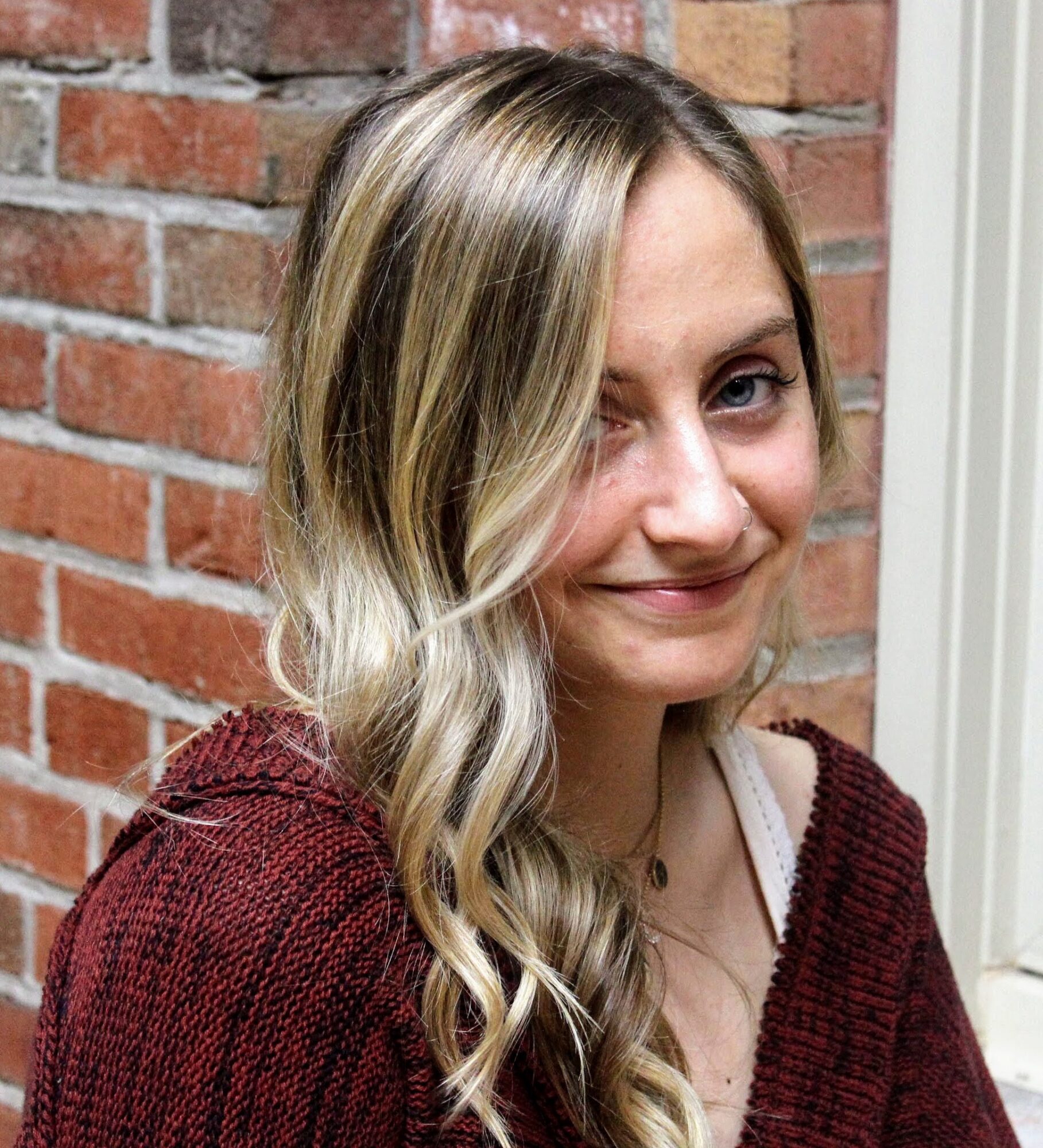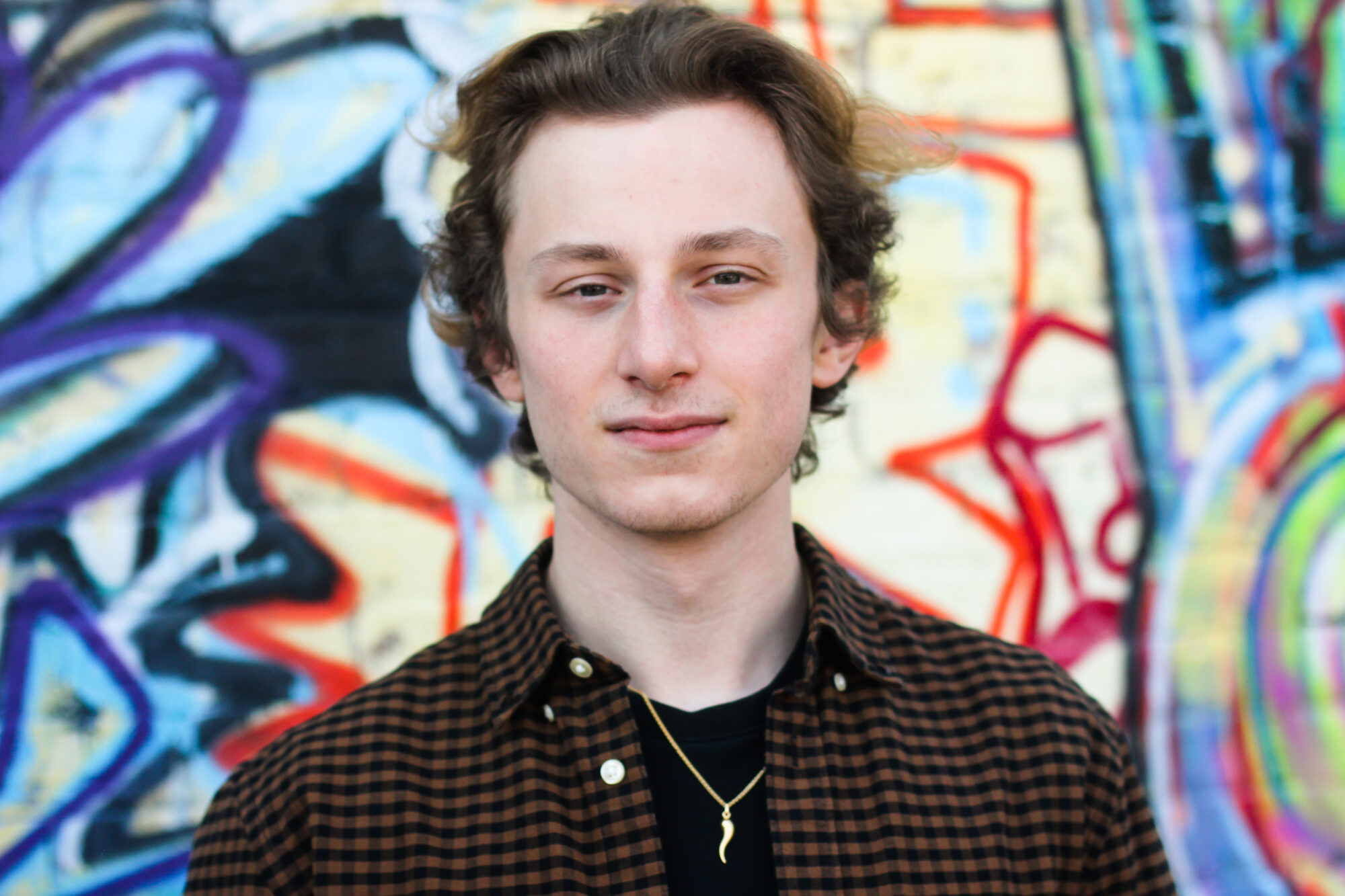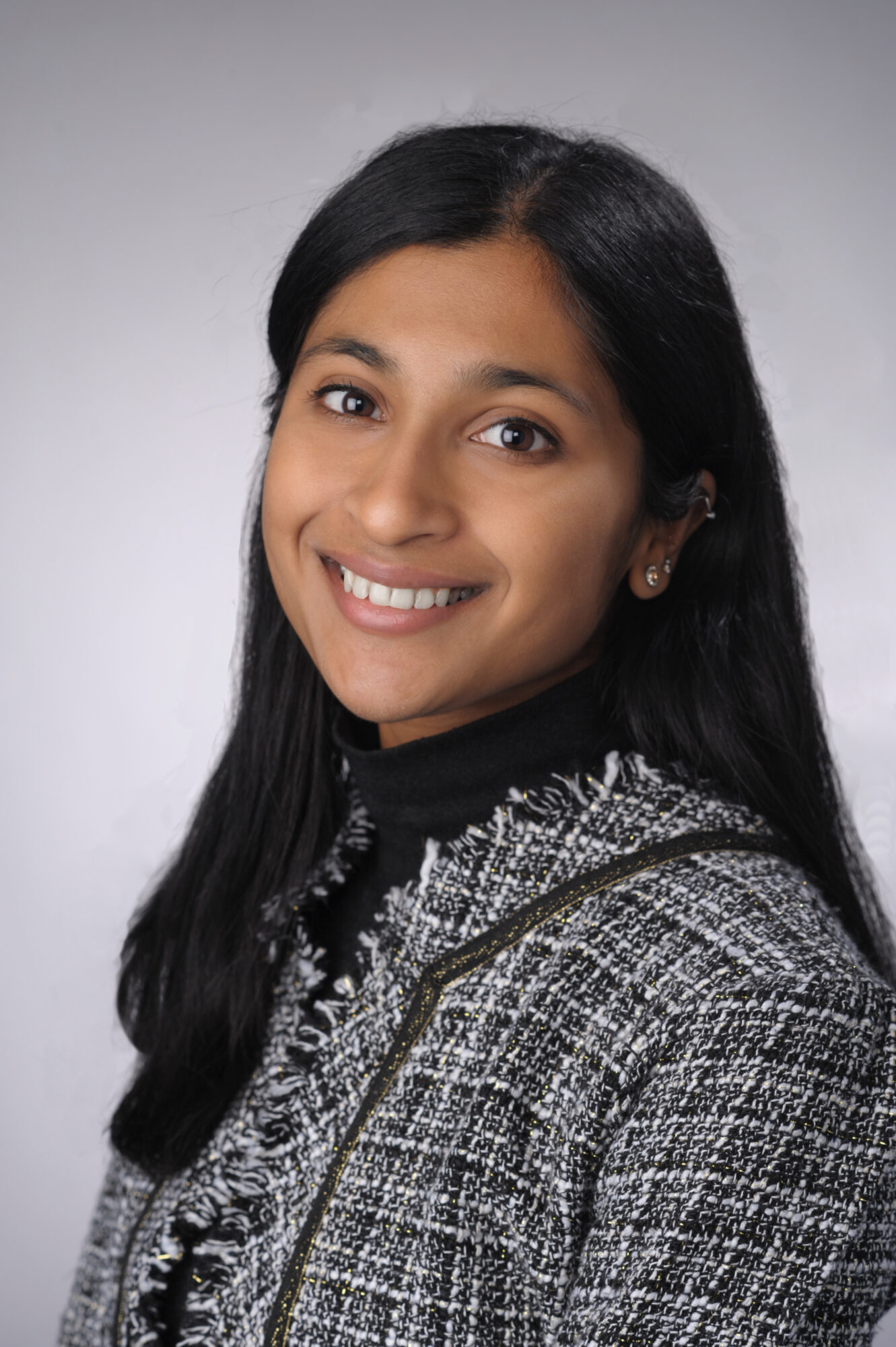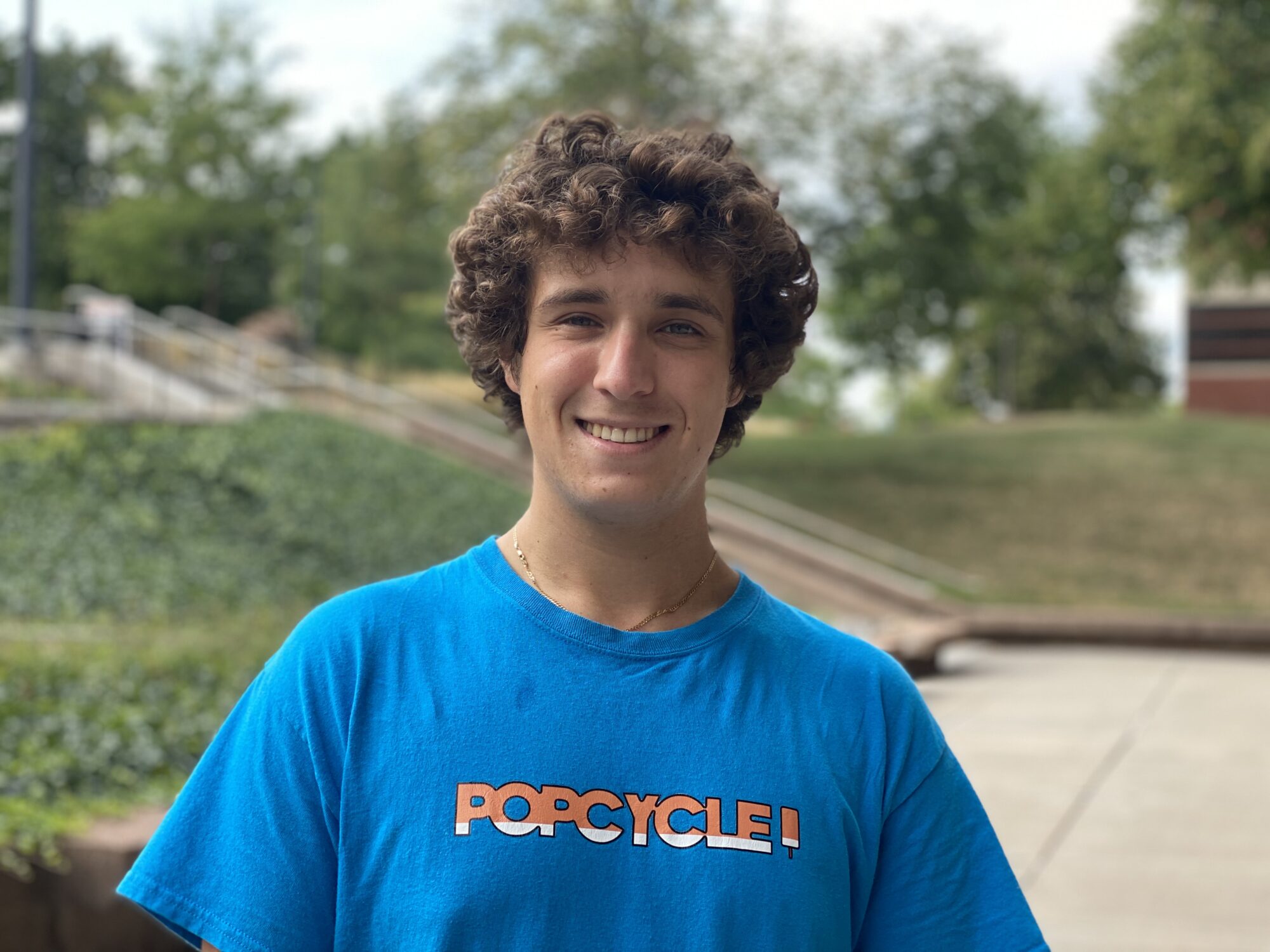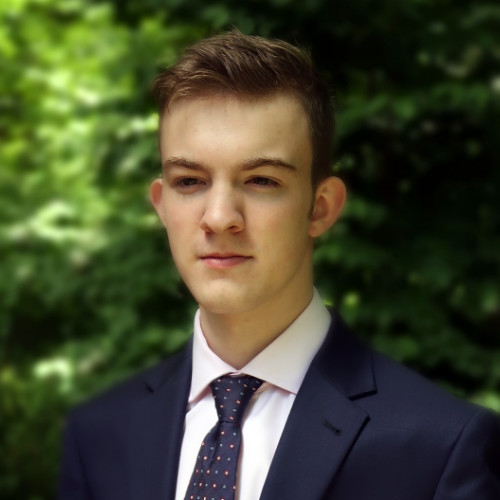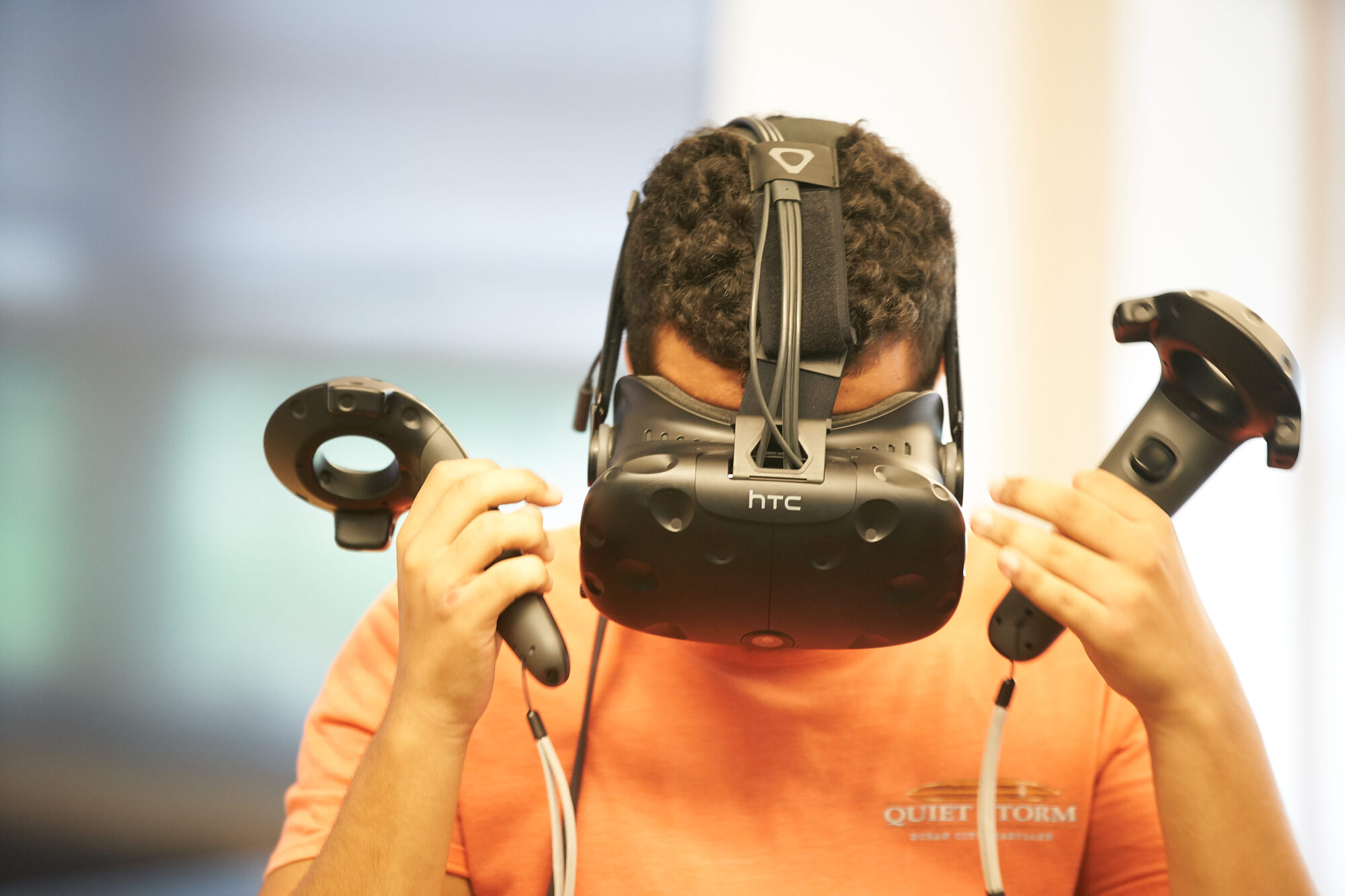
With a boxy headset strapped snugly around his head and a fierce focus in his gaze, Shawn Gaetano navigates the 20th floor of a building. Slowly, he inches his way to pick up a soccer ball on a ramp that resembles a diving board, extending out from a window. Below him are skyscrapers and bustling city traffic. Soon enough, he carefully scrambles back into the building, bringing the soccer ball to the dog inside.
Sounds unreal? That’s because it is.
Solace Vision was born out of a simple idea: using virtual reality to help people overcome phobias. Thus far, Shawn has been testing the concept by simulating the fear-of-heights environment described above. After consulting with medical professionals, Shawn designed his program to offer incremental exposure (e.g. a ramp on the 5th floor, 10th floor, 15th floor, etc.), which acclimates users into comfortably facing their fears.

Shawn is an Information Management and Technology major with a concentration in Web Design and Management at Syracuse University’s iSchool. An innovative thinker, Shawn’s goal is to use emerging tech for good.
“Emerging technology creates problems in and of itself. I want to make it problem-less,” he says.
Using Unreal Engine, which offers a free and friendly user interface, Shawn can develop VR environments with minimal coding. Although in an ideal world he would pursue a B2B business model by selling products of Solace Vision to medical professionals, he will instead offer his programs directly to consumers through accessible downloads online.
The summer of 2020, Shawn won $500 in Syracuse University’s SummerStart Accelerator hosted by Blackstone LaunchPad and Techstars, allowing him to take Solace Vision to the next level.
Currently, Shawn is seeking out doctors, therapists, and psychiatrists to recruit to his team. He hopes that Solace Vision can offer an opportunity for medical professionals to connect with patients real-time and guide them through the process of overcoming their phobias. He is also working with clinicians to ensure that his designs adhere to medical standards before developing his next environment.
Shawn has also recently recruited Alec O’Del, a partner he met through the LaunchPad’s SummerStart Accelerator, who is knowledgeable in business development to help scale Solace Vision. Shawn is looking to hire more developers skilled in VR development in the future as well.
“It is helpful to work with a team who knows a lot more than I do,” Shawn admits. He stresses that in building this team, it’s important that people’s values align with their purpose and that their focus is on the mission rather than making money.
Shawn has already beta tested Solace Vision on over 100 patients, receiving an overwhelming flood of positive feedback.
A moment that stands out to him is a user who was crawling along the floor to cross the virtual plank. On her way back, she stood and reached for a virtual wall to steady herself against. Because there was no real wall actually behind her, the woman fell over. It was a lighthearted, humorous moment that demonstrated how effectively immersive the environment truly was.
Despite the fantastic reactions, Shawn did also receive constructive criticism on minor alterations — like the positioning of the ball or the presence of a dog, which may also be a phobia — and he uses this feedback to continue making his product better.
Designs like this will revolutionize the intersection of medicine and technology. Whereas VR used to be focused on gaming, innovators are now exploring new uses like testing business products or treating PTSD.
That said, it is still difficult to make strides to promote alternative treatments when traditional medicine has centuries of established history.
“Therapy is an incredibly hard industry to break into,” Shawn explains.
But Shawn is not new to the trial and errors of entrepreneurial ventures. “Part of being an entrepreneur is taking failures and learning from them,” he says.
He hopes to build a business he can scale to deploy his VR treatments to as many people who need it.
Beyond Solace Vision, Shawn is the director of NEXIS, a student technology lab at Syracuse University. He strives to propel the lab forward to enact the strategic vision of building a network of NEXIS-like labs across colleges around the country.
When looking which students to bring into the lab for projects, Shawn says NEXIS does not even touch resumes. “We just look for people who are passionate about tech. It’s a blessing to work with so many innovative people.”
Shawn defines innovation as not only outside-the-box thinking but also applying new uses to existing ideas. He poses the question, “Someone’s already created the wheel… But how can you make it better?”
Coming from a background as a first-generation college student from a small high school, Shawn didn’t have access to the technology he does now. He uses this perspective to motivate and drive him forward to do what he never thought to be within his reach.
The best part of being an innovator, he notes, is that “you get these new ideas… and you can actually execute them.” This execution is what Shawn is doing now.
Although Shawn is graduating this semester with a job lined up in Cleveland, his goal is to transform Solace Vision into a business he can rely on and expand its applications to encompass more mental health treatments beyond phobias. After working his 9-5, Shawn will be on the clock at 5:01 to keep working at Solace Vision each night.
“Be relentless. If you have a crazy idea, just go for it. The worst that can happen is you fail and learn.”
Shawn concludes with a final point for us to ponder: “All it takes is one yes to completely change your life. If you give up, you won’t know what your idea could have become.”
To read more about Solace Vision, visit the company website and follow the company on LinkedIn. Shawn Gaetano is always updating his LinkedIn as well.
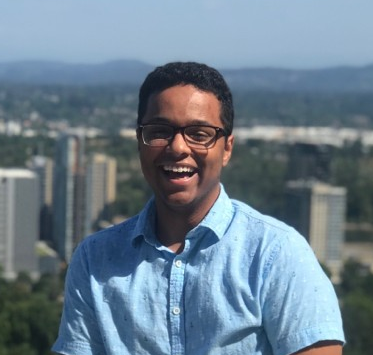
Story by Sasha Temerte ’23, LaunchPad Orange Ambassador; photo supplied
